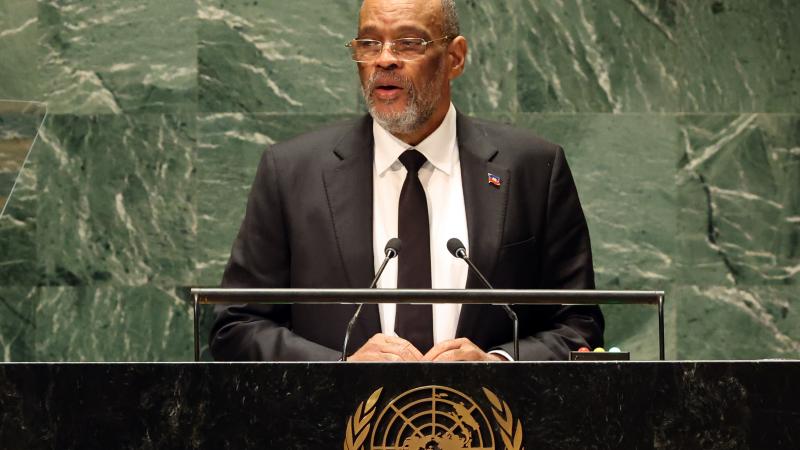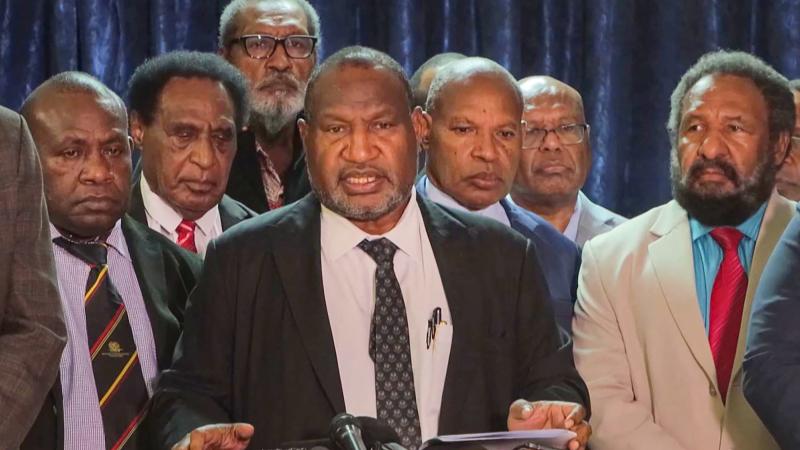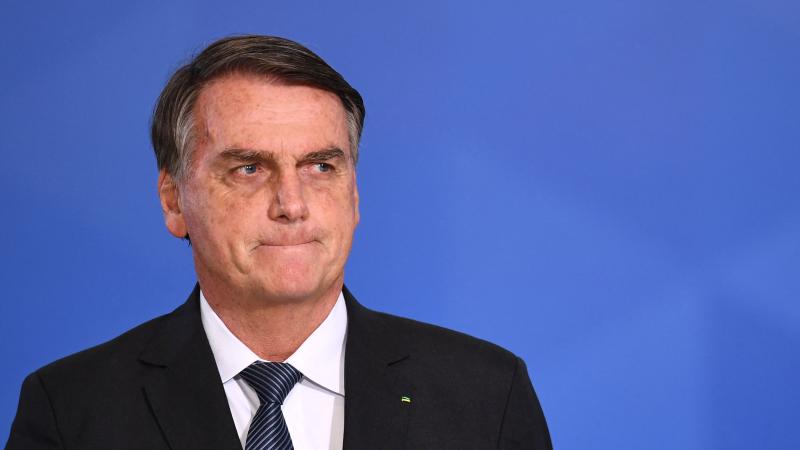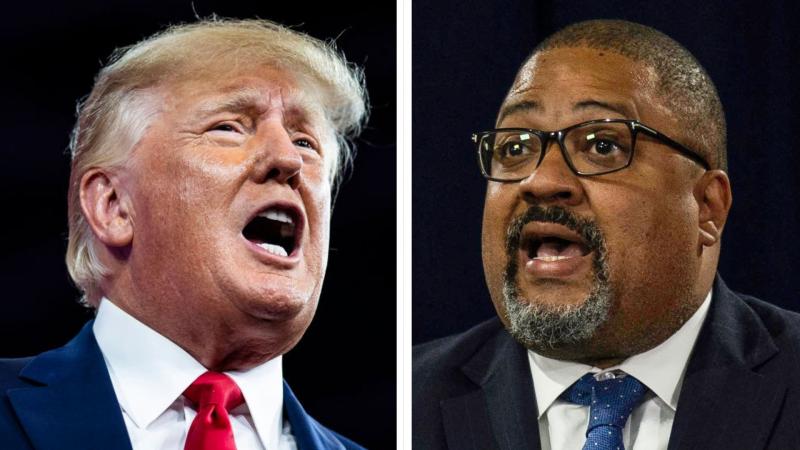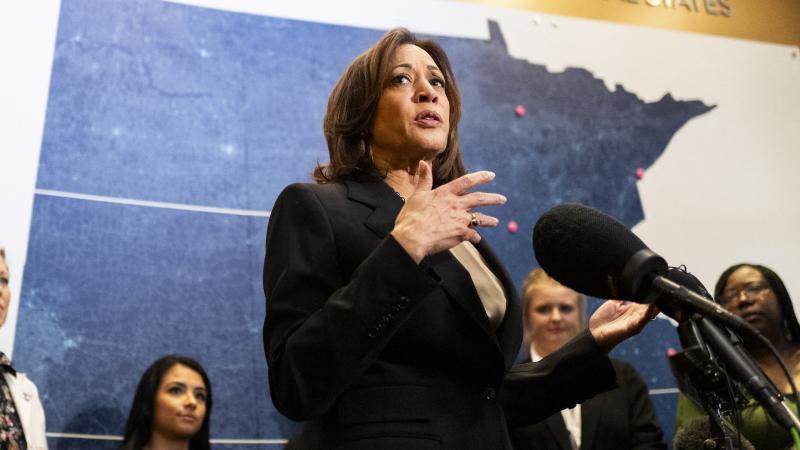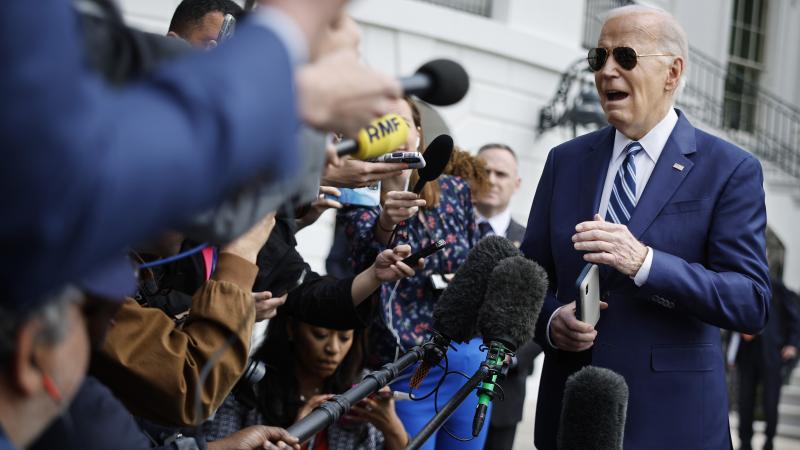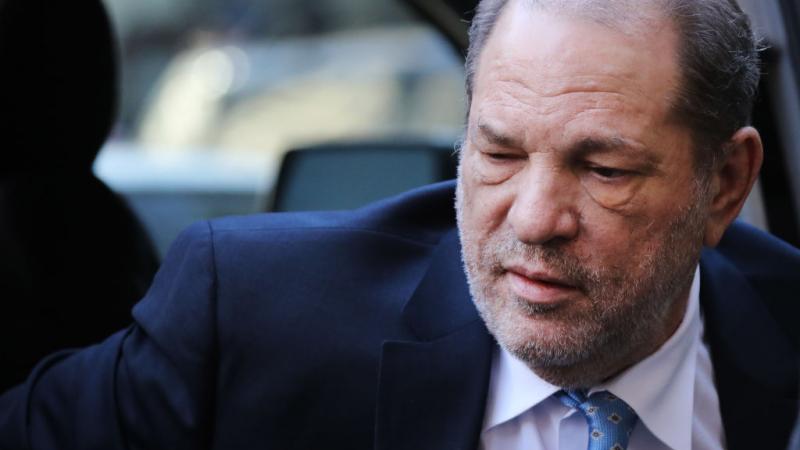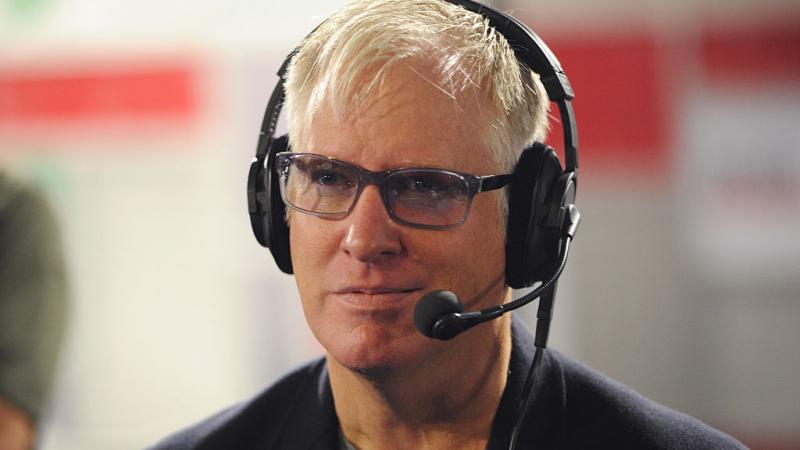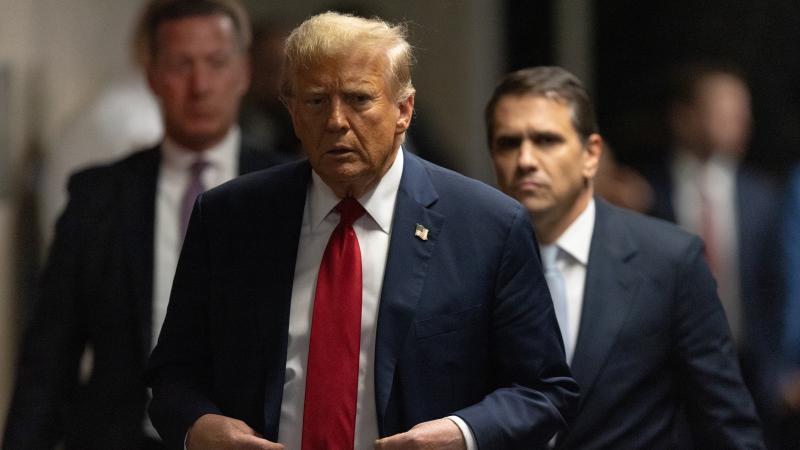Biden human rights record 'makes Donald Trump appear like Mother Teresa,’ Bush adviser says
As president prepares to host his Summit for Democracy, his commitment to defending human rights is coming under fire amid a flurry of damaging headlines and global developments.
The Biden administration's record on human rights will be under the microscope later this week, when President Biden hosts his Summit for Democracy.
Leaders from more than 100 countries, civil society, and the private sector will meet virtually on Thursday and Friday to discuss challenges facing democracies around the world and ways to address them.
Biden first introduced the idea for such a gathering as a presidential candidate in July 2019.
"We will organize and host in the United States, during the first year of my administration, a global Summit for Democracy to renew the spirit and shared purpose of the nations of the Free World," he said during a speech at the City University of New York.
Biden's campaign touted the idea as a way to "forge a common agenda to address threats to our common values." Biden often brought up the idea of the summit as a candidate and continued to promote the idea as president, billing it as one of his most important initiatives.
One of the principal themes of the gathering will be defending and promoting human rights at home and abroad, according to the White House and the State Department. The other two key themes are fighting corruption and defending against authoritarianism.
But human rights will be at the forefront, leading the agenda. And the Biden administration will include the U.S. among those countries to be held accountable.
"The Summit for Democracy aims to support countries in improving human rights records and enhancing respect for fundamental freedoms," a State Department spokesperson told Just the News. "While countries' democracies may be experiencing challenges and stand in need of change, we want to engage them, encourage positive change, and learn from the experience.
"The United States will also hold itself accountable to these commitments on a global public stage."
Since Biden's inauguration, his administration has made clear that human rights will be a central focus.
Indeed, one month into the administration, Secretary of State Antony Blinken pledged to "put human rights at the center of U.S. foreign policy."
Biden has made similar statements throughout his presidency.
"I've taken concrete steps to put human rights back at the center of our foreign policy and reassert our moral leadership on the global stage," Biden said in October. "With the power of our example, not the example of our power."
As Biden prepares to host his democracy summit, however, his commitment to defending human rights is coming under fire amid a flurry of damaging headlines and global developments.
"Biden may talk the talk, but his administration's human rights record already makes Donald Trump appear like Mother Theresa," said Michael Rubin, a senior fellow at the American Enterprise Institute. "Consider just the last few months."
Regarding China, Biden's team "actively seeks to dilute provisions against slave labor," said Rubin. He was referring to recent reports saying Deputy Secretary of State Wendy Sherman and Biden's special envoy for climate, John Kerry, pushed Congress to water down the language of a bill meant to prohibit the importation of goods from China made with Uyghur slave labor.
The State Department, which says it shares lawmakers' concerns about the forced labor, declared earlier this year that the Chinese government is committing genocide against the Uyghurs, a predominantly Muslim ethnic minority.
David Adesnik, a senior fellow at the Foundation for Defense of Democracies, said the Biden administration's actions often don't match its rhetoric when it comes to human rights.
"On occasion, the administration has made strong statements in support of human rights," he said. "But when it involves investing political capital and taking risk, human rights are something the administration doesn't put emphasis on."
Afghanistan is one country where, critics note, this was the case.
In mid-August, as the Taliban seized Kabul, the Afghan capital, Biden said he's "been clear" that human rights "must be at the center of our foreign policy." Two weeks later, after the last U.S. troops left Afghanistan, Biden promised that human rights "will be the center of our foreign policy." Today, the Taliban is in full control of Afghanistan.
"Biden abandoned millions of Afghans to the Taliban," Rubin said. "Biden may want to forget Afghanistan, but his true legacy there is the forced marriage of nine-year-old girls to husbands seven times their age and the serving up to death squads of those who put their and their families' lives on the line for the United States."
Rubin added that if Biden hadn't ordered a full military withdrawal from Afghanistan the Taliban wouldn't be in Kabul.
For some observers, the Biden administration's human rights record has been mixed.
"President Biden said he would be committed to a foreign policy centered on human rights. And partly that's happened," said Sarah Holewinski, the Washington Director at Human Rights Watch. "The U.S. is again a member of the U.N. Human Rights Council, lifted sanctions against senior [International Criminal Court] officials, revoked the 'Global Gag Rule,' which damaged sexual and reproductive health and rights globally."
"But there are missteps too," Holewinski added, referencing arms sales and aid to countries "with abysmal human rights records like Saudi Arabia, the Philippines, and Egypt."
She also mentioned Afghanistan, where Biden withdrew "without having the kind of plan needed for Afghans desperate and at risk."
More than 100 former Afghan security forces have been killed or forcibly disappeared by the Taliban since their surrender in late summer, according to a report released last week by Human Rights Watch.
In response to a query about whether the Biden administration has lived up to its pledges to defend human rights, a State Department spokesperson sent several examples of "U.S. leadership and commitment to countering authoritarianism, combating corruption, and promoting democracy globally."
These examples included visa restrictions against 31 individuals in seven countries for their involvement in significant corruption this year, the designation of more than 300 persons connected to serious human rights abuse or corruption under the Global Magnitsky sanctions program, and the imposition of sanctions against 44 individuals and entities following Belarus's fraudulent presidential election, among others.
"The U.S. spends millions of dollars each year building the capacity of our foreign partners to fight corruption," the spokesperson said. "These partnerships yield concrete results such as the return of stolen assets, successful prosecutions and convictions of corrupt officials, and the interdiction of drugs and other illegal goods trafficked by corrupt transnational criminal organizations destined for the United States."
Rubin isn't convinced.
"When historians look back on the Biden era, they will see the Biden administration as the time when cynicism reigned supreme but actual protection of human rights marked a historic low point," he said. "The only good news about Biden and human rights is that things can't possibly get any worse, and there's no place to go but up."
Rubin pointed to Iran, which the administration is engaging in nuclear negotiations as the Iranian regime cracks down on protesters at home.
Adesnik has similarly criticized the administration's approach to Syria, a close ally of Iran.
Adesnik notes the administration has provided plenty of humanitarian aid around the world but says aid often falls into the wrong hands and isn't sufficient to hold regimes accountable for violating human rights.
It remains to be seen whether some of these criticisms will come up at this week's summit, but some analysts remain hopeful the gathering will turn the tide in the fight for human rights."We're looking to President Biden to live up to his commitment to human rights," Holewinski said. "On a whole host of issues, a course correction is in order. Maybe we'll see one during the Summit on Democracies."

